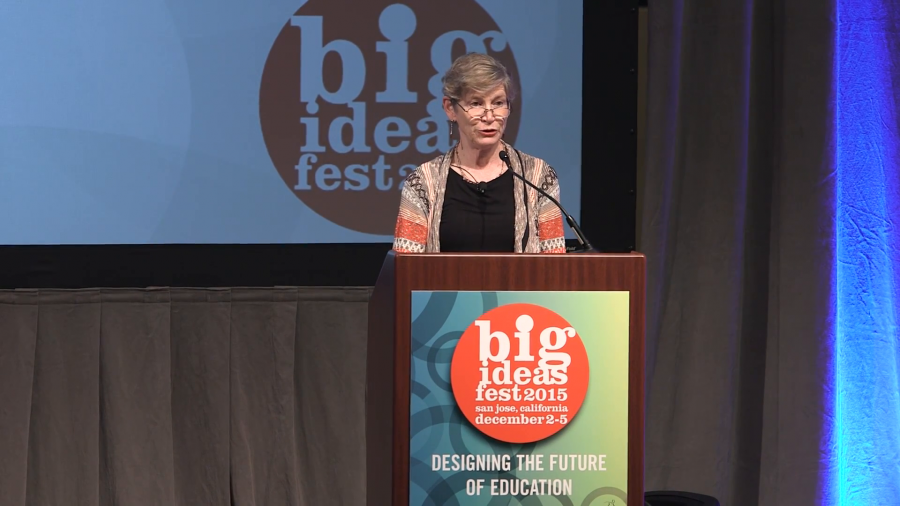You might have heard that this week Mark Zuckerberg and Priscilla Chan announced that they’re going to give away 99% of their Facebook stock in hopes of making the world a much better place for their newborn daughter and her generation. Now, I just want to be right up front with you. I have no inside information about this fascinating development. But what I do have is inside information, the inside story, on a gift that this couple made five years ago in their first act as philanthropists.
Archive (Page 3 of 3)
We’ve got two paradoxical trends happening at the same time. The first is what I call in my book “the cult of the social,” the idea that on the network, everything has to be social and that the more you reveal about yourself the better off you are. So if your friends could know what your musical taste is, where you live, what you’re wearing, what you’re thinking, that’s a good thing, this cult of sharing. So that’s one thing that’s going on. And the other thing is an increasingly radicalized individualism of contemporary, particularly digital, life. And these things seem to sort of coexist, which is paradoxical and it’s something that I try to make sense of in my book.
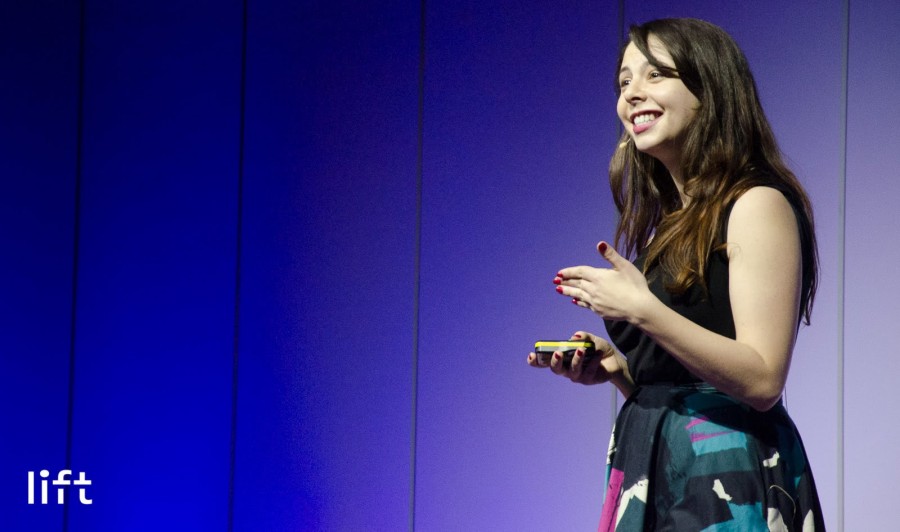
What does it mean to be antidisciplinary? To me, it means struggle. Sometimes, working in interdisciplinary fields, I felt like I’ve maybe tried really hard working and working and working on a project, and I wasn’t seeing any difference. Sometimes people would look at me and be like, “What are you even doing?” So, to me antidisciplinarity means not only not working in one specific field, but rather instead drawing from elsewhere to imagine something new.
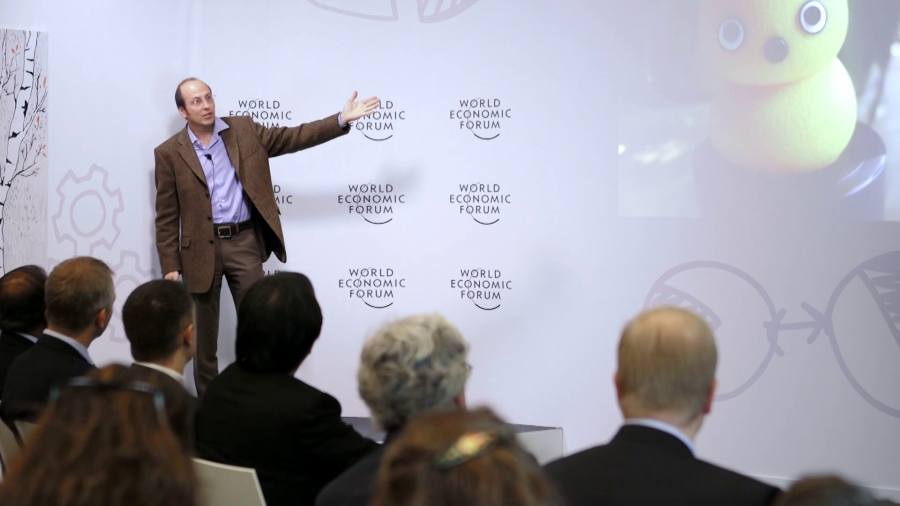
Instead of having our children become consumers of robotics technology, consumers of products, we’d have to train them to be producers, to realize that they can use robotic technologies to build something with their intuition, their creativity, and their sense of purpose, that has meaning to them. Then we’d have a technologically fluent society.
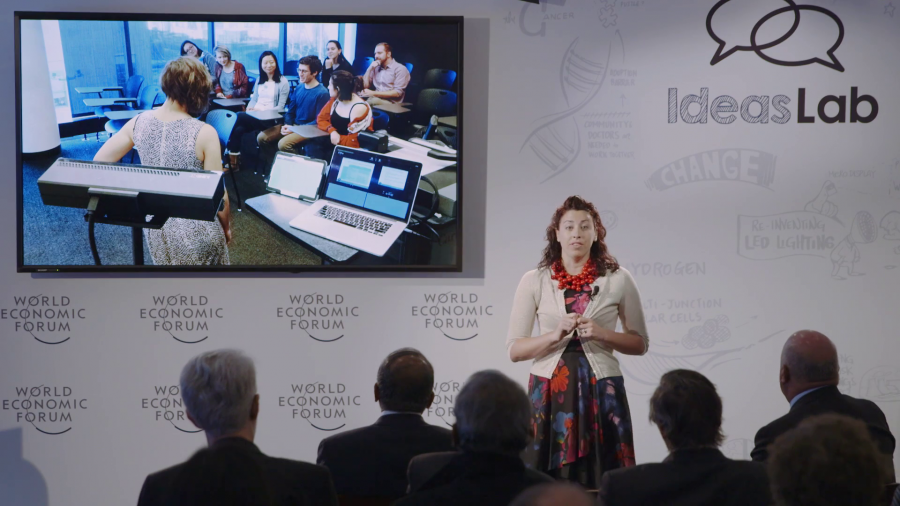
Education has remained largely unchanged for millennia. In any classroom, you see a set of students gathered around a teacher who’s writing on the board, or maybe now we’ve added a PowerPoint deck. But, as in many other fields that have been slow to change, the data revolution is coming for education.
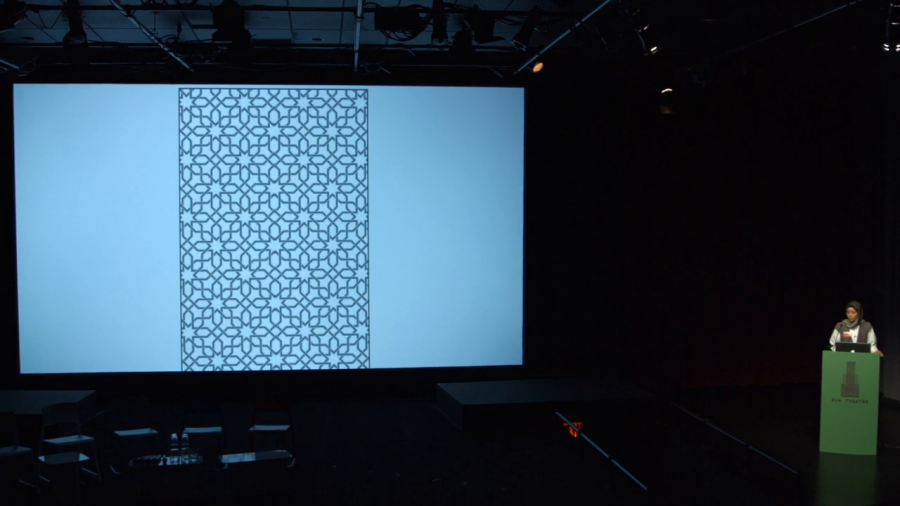
If you are given the task to lecture on design somewhere in the Middle East, do you think you’ll need to tailor your approach? Maybe think about your references, the language, the vastly different background? The answer most probably is “yes.” But the reality of design education in the Middle East, and more specifically the Gulf Region, prove otherwise.
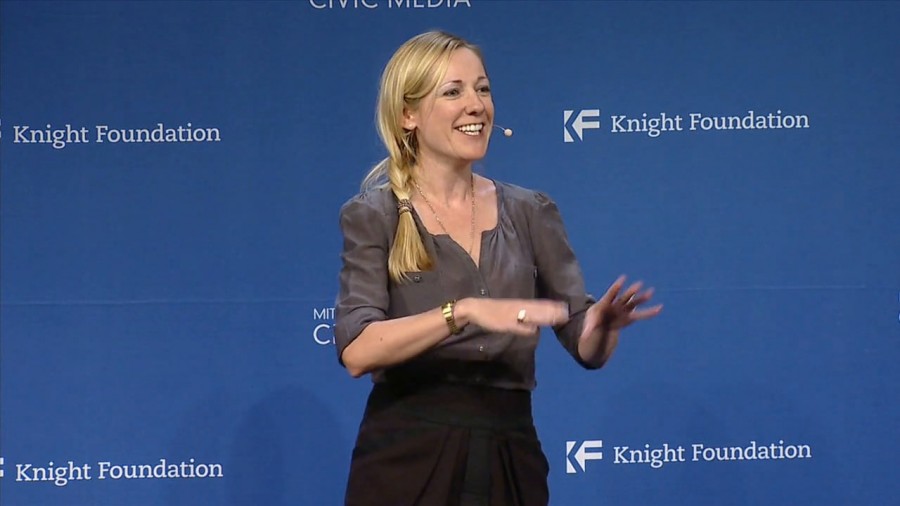
Today I want to talk to you about how you too can social engineer your child through Minecraft. First off, this is not a presentation for any kind of parents. There are some parents that are not going to be interested in this, for instance if you want your child to be happy and you’re fine with that.
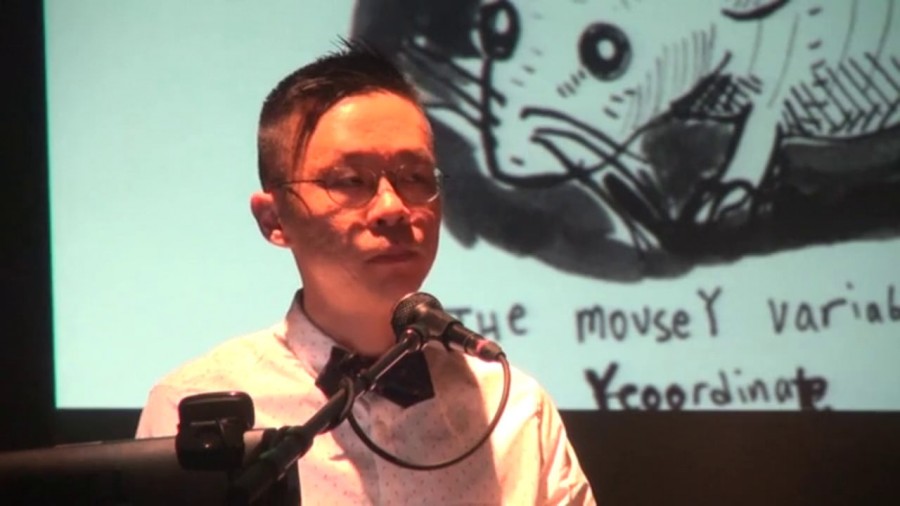
I like to diversify the way that we work with technology, and I like to think of it as an art object, and an installation where we rethink and reinvent computation, especially focusing on alternative possibilities of the computer as not driven by war agendas or corporate mass production.
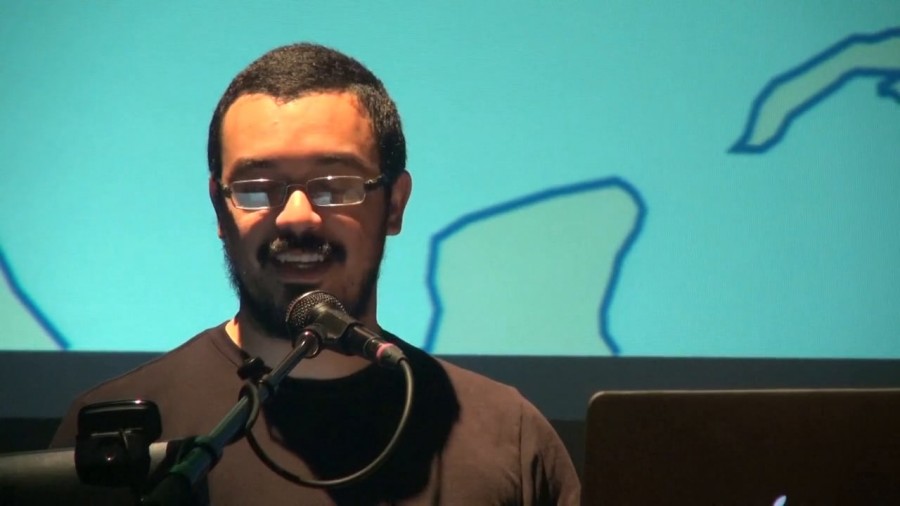
Puerto Rico has been developing an interesting art and technology community for the past few years, and it would not have happened at all if it weren’t for two people, Carola Cintrón Moscoso and Alejandro Quinteros.
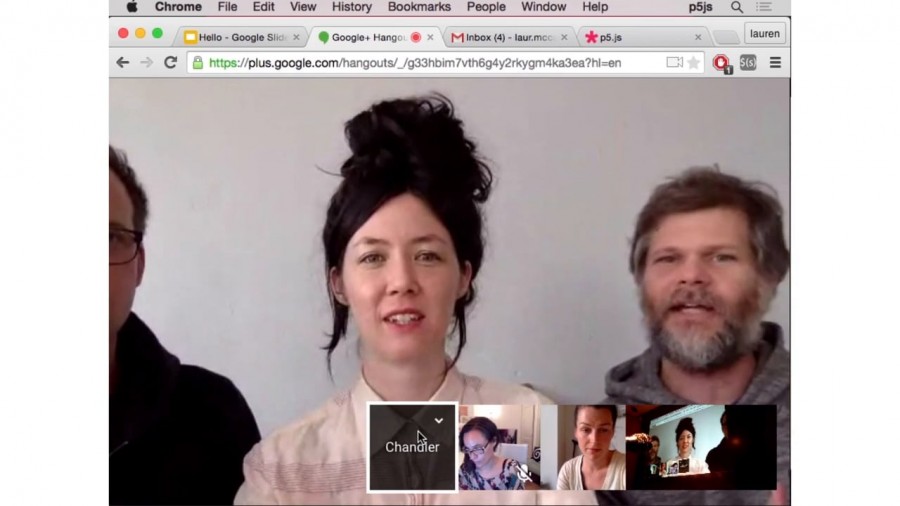
The way that you think about software affects the kinds of things that you can do. Traditionally you would learn computer programming through operating on math, or operating on language, and in order to bring these ideas into the visual arts we decided to build a custom language that allowed people to have visual expressions.

